As more women get diagnosed with PCOS, it’s high time we talk about it. In Canada alone, about 1.4 million women have PCOS. And while it’s one of the most common endocrine disorders among females, its diagnosis, management, and risks remain controversial. So in this article, we’ll put a brighter spotlight on PCOS and try to explain its details better.
PCOS: A Brief Explanation
Everyone has male and female hormones, but the number of such hormones varies. Usually, men produce more androgens (male sex hormones) than estrogens (female sex hormones). Likewise, most women have more estrogens and fewer androgens in their bodies than men.
But when a woman has PCOS or Polycystic Ovary Syndrome, their ovaries produce an abnormal amount of androgens or male sex hormones. In turn, they don’t make enough of the hormones they need to ovulate. Ovulation involves releasing a mature egg that can be fertilized by a male sperm. If the egg isn’t fertilized, it’s sent out of the body through menstruation. Now, if you have PCOS, you can’t ovulate. And if that doesn’t happen, multiple small cysts may form in your ovaries. These cysts and the lack of ovulation can alter your levels of estrogen, progesterone, and other hormones. This hormonal imbalance causes other symptoms of PCOS, including irregular or non-existent periods, weight gain, and acne.
What Causes PCOS?
The root cause of PCOS isn’t clear, but doctors associate it with the following:
Genetics: Studies have shown that PCOS sometimes runs in families, so genetics probably has a role in developing this condition.
Inflammation: Some studies have linked increased levels of inflammation in the body to higher androgen levels. That’s why being overweight is also linked to PCOS.
Insulin resistance: Many women with PCOS have insulin resistance. Insulin is a hormone the pancreas creates to assist the body in converting sugar from food into energy. If the body is resistant or can’t use insulin properly, it will demand more insulin. The pancreas will make more insulin that will likely stay in the blood, causing the blood sugar to spike. Extra insulin also triggers the ovaries to produce more androgens, similar to what exactly happens when you have PCOS.
Ovofolic: Myo-Inositol Supplement for PCOS Management
Harness the Power of Inositol Powder for Enhanced Reproductive Health
Discover Ovofolic
What Are the Common Symptoms of PCOS?
Some women with PCOS experience symptoms early—around the time of their first period. On the other hand, many only discover their condition after they’ve gained tons of weight or when they have had trouble getting pregnant. These symptoms include but are not limited to:
Irregular or non-existent periods. Due to lack of ovulation, the uterine lining of women with PCOS doesn’t shed every month. So they suffer from irregular periods, with some having none at all in a year.
Heavy bleeding. When they do get their period, women with PCOS experience heavy bleeding because the uterine lining has built up for months.
Acne. Too many male hormones can make a woman’s skin oilier than usual. It leads to acne breakouts in the face, upper back, and chest.
Excess body hair. Many women with this condition have excess hair on their face, back, chest, and stomach. Again, that’s because of the high levels of androgens.
Weight gain. Around 80 percent of women with PCOS suffer from being overweight or having obesity. The hormonal imbalance makes it difficult for them to lose weight.
Dark patches on the skin. These patches can form in body creases, like under the breasts, in the groin, or on the neck.
Headaches. Hormonal imbalances can trigger massive headaches in some women.
Male pattern baldness. Some women with PCOS experience hair loss, and the hair on their scalp gets thinner over time.
What’s the Treatment for PCOS?
Treating PCOS or managing its symptoms depends on multiple factors, including age, the severity of symptoms, and other health conditions. It may also depend on whether you have plans to become pregnant.
If you have plans to bear a child, your PCOS treatment may include:
Lifestyle change. A healthy diet and regular exercise can help you lose or maintain a healthy weight and reduce some PCOS symptoms, including insulin resistance. If your body uses insulin more efficiently, you can have lower or well-maintained blood glucose levels, which may help you ovulate.
Medications for ovulation. You may be prescribed various medicines to help your ovaries to release eggs normally. But these medications come with a few risks. They may cause ovarian hyperstimulation with symptoms like pelvic pain & abdominal bloating. These medications may also increase the chance of multiple births.
PCOS supplements. Taking Ovofolic and other supplements that specifically address PCOS will help balance your hormones and improve your symptoms. Ovofolic is also specially formulated to help improve insulin sensitivity, support regular ovulation and periods, and lower cholesterol levels in women with PCOS. This in turn improves chances of pregnancy.
If you don’t have plans to get pregnant soon, your PCOS treatment plan may include:
Lifestyle change. Switching to a healthier & more active lifestyle can help you lose weight and address insulin resistance and other common symptoms of PCOS.
Birth control pills. These pills help lower androgen levels, control menstrual cycles, and reduce acne.
Diabetes medication. For instance, metformin is a drug for treating Type 2 diabetes and can also be used to improve insulin levels among women with PCOS. Diabetes medication can also help slow hair growth, decrease androgen levels, and support ovaries to ovulate more regularly.
Other medications. If you have other severe symptoms like excessive hair growth or acne, your doctor may also prescribe other medications that specifically treat those.
PCOS supplements (refer to above)
Bottom Line
Since the causes of PCOS aren’t clear, the symptoms and hormonal imbalance may seem like a chicken-and-egg situation. Extra insulin triggers ovaries to produce more androgens, but having more androgens also causes weight gain and therefore impacts insulin sensitivity. The same can be said with inflammation & being overweight. Hormonal imbalance causes weight gain, but it’s the same thing that may hinder women with PCOS from losing weight.
So the bottom line is this: consult with your OB-gyn doctor or general physician to learn more about this condition. If you experience the common symptoms of PCOS or notice it runs in your family, reach out to your doctor to get a complete diagnosis and suitable care plan. One thing’s for sure: PCOS can be managed. So if you have it, take the first step of recognizing what you have to do (i.e. lifestyle change) and which medications to take.



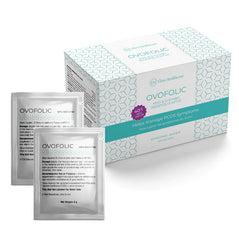

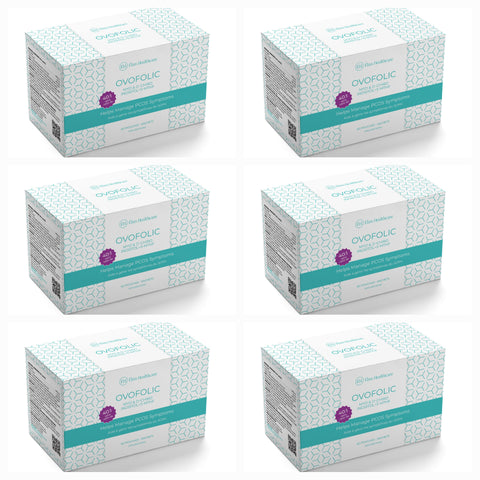
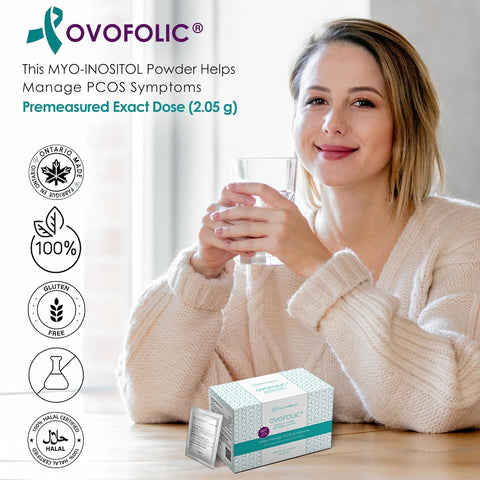
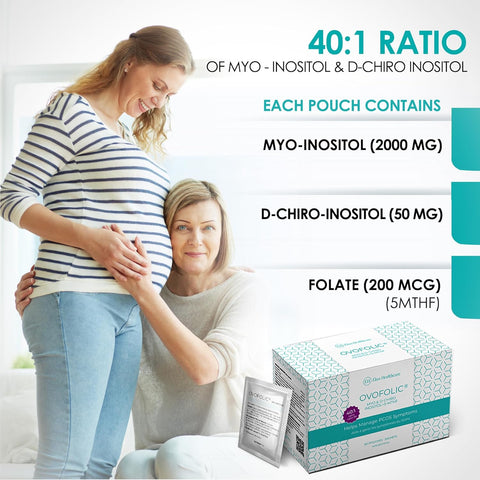
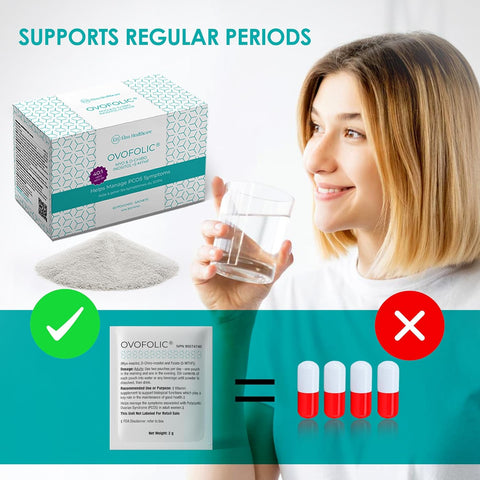
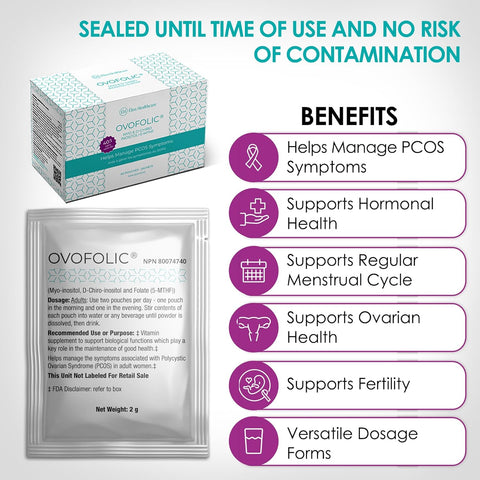
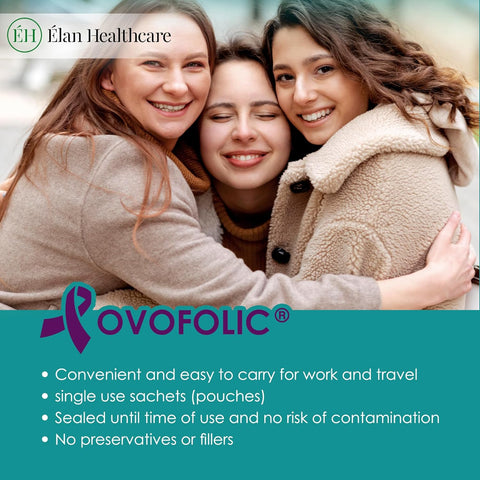
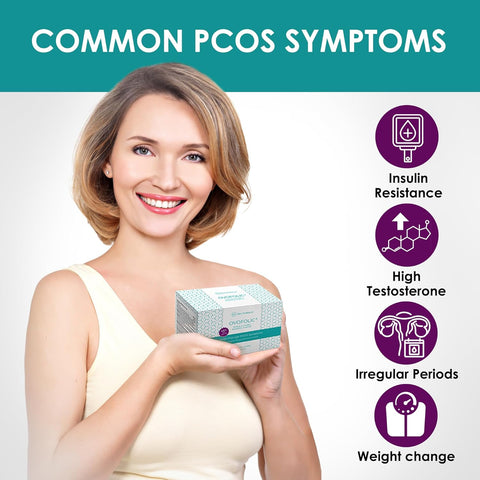
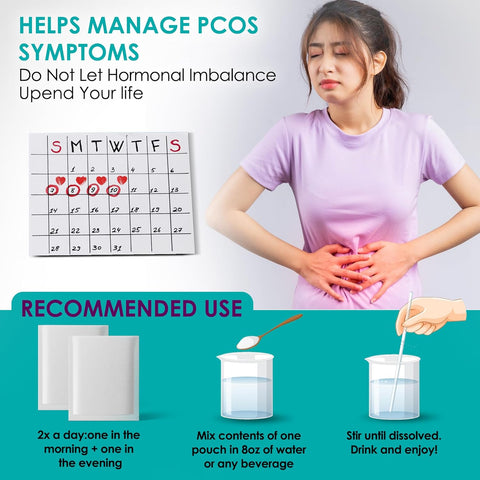









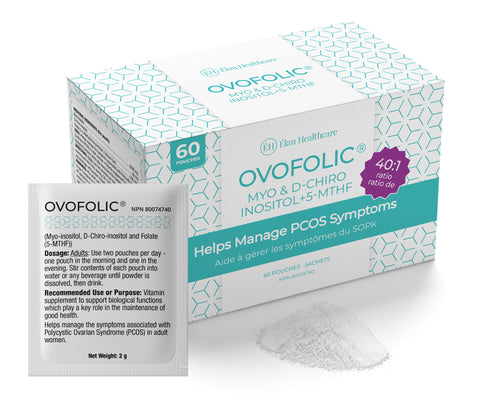
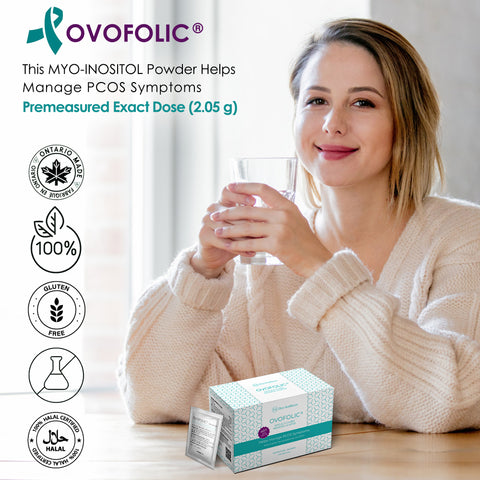
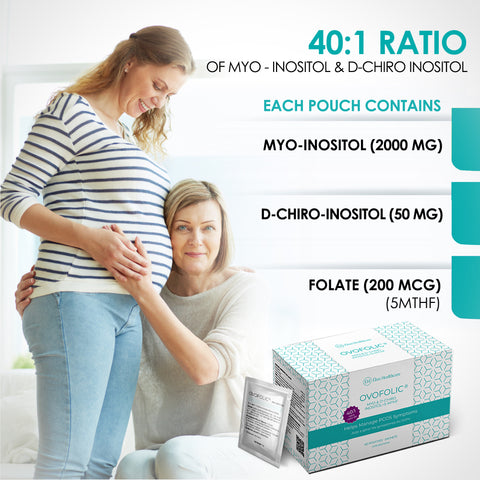
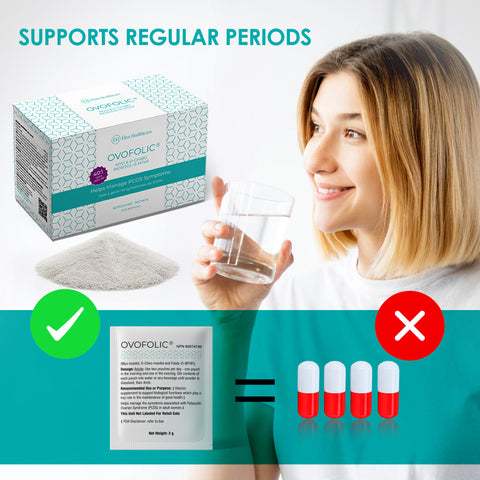
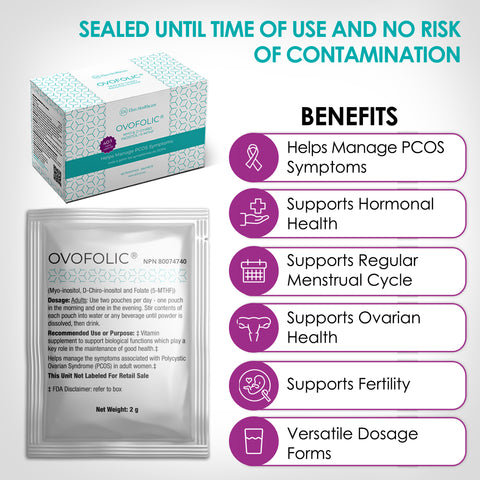
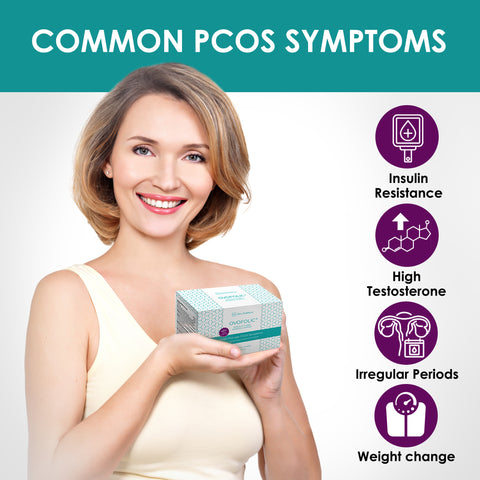
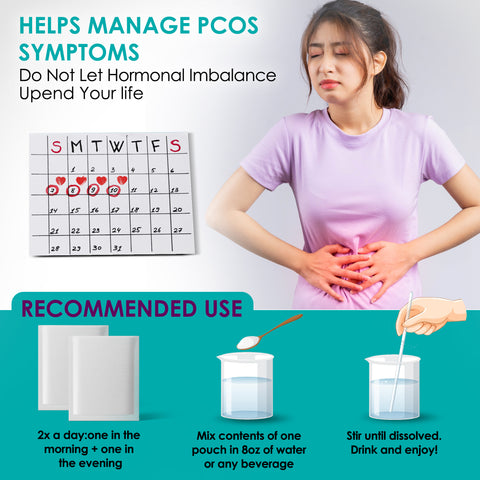
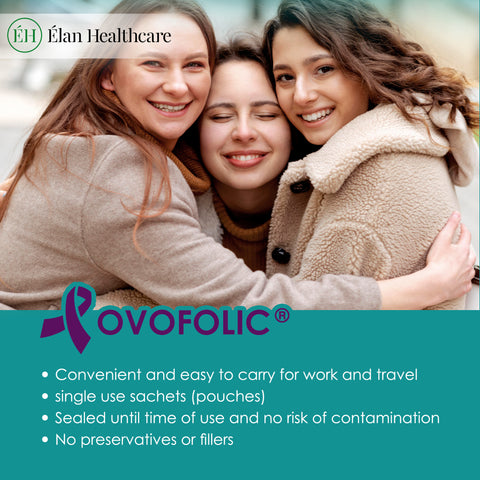
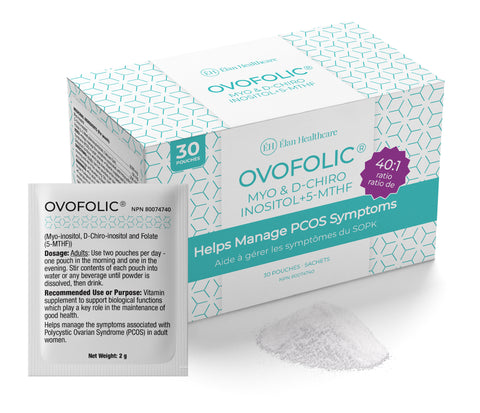


No comments yet.
There are no comments for this article. Be the first one to leave a message!
+ Open to leave a Comment